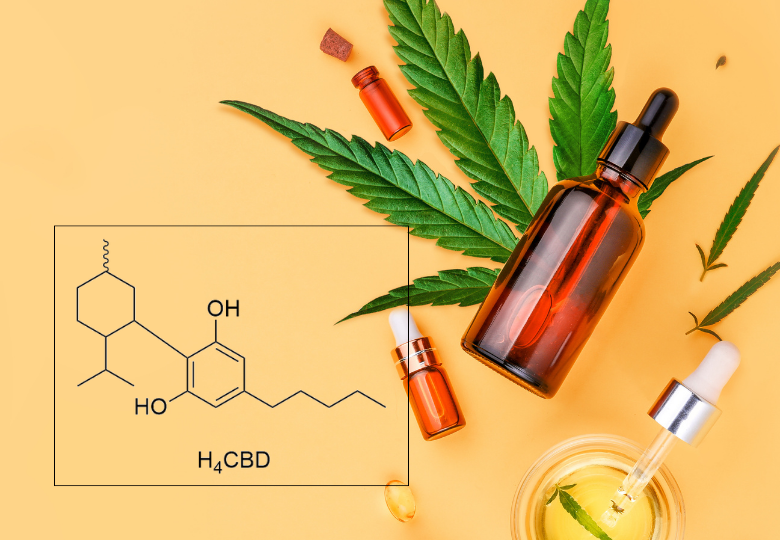
What is H4CBD?
Share
H4CBD (tetrahydrocannabinol CBD) is a synthetic or semi-synthetic cannabinoid derived from CBD (cannabidiol). It is created through a chemical process called hydrogenation, where hydrogen atoms are added to the CBD molecule. This modification results in a new compound with a slightly altered chemical structure compared to regular CBD.
Key Characteristics of H4CBD:
-
Hydrogenated CBD: H4CBD is essentially a hydrogenated form of CBD, similar to how THC can be hydrogenated to form H4THC. The process makes the molecule more stable.
-
Non-Psychoactive: H4CBD is generally considered non-psychoactive, meaning it doesn’t produce a “high” similar to THC. However, it may have some effects on mood, anxiety, and pain relief, similar to CBD.
-
Possible Benefits: While research on H4CBD is still in its early stages, it may retain many of the potential therapeutic benefits of CBD, such as anti-inflammatory, anti-anxiety, and analgesic effects, without the psychoactive side effects typically associated with THC.
-
Chemical Stability: The hydrogenation process makes H4CBD more chemically stable, which could potentially extend its shelf life compared to regular CBD.
Legal and Safety Considerations:
As H4CBD is a synthetic cannabinoid, its legal status might differ from that of natural CBD or THC depending on the region. In some places, synthetic cannabinoids are more heavily regulated, so it’s important to verify the legal status of H4CBD in your area.
Since the research on H4CBD is still developing, its full range of effects and long-term safety is not well understood. It's advisable to consult with a healthcare provider before using products containing this compound.
